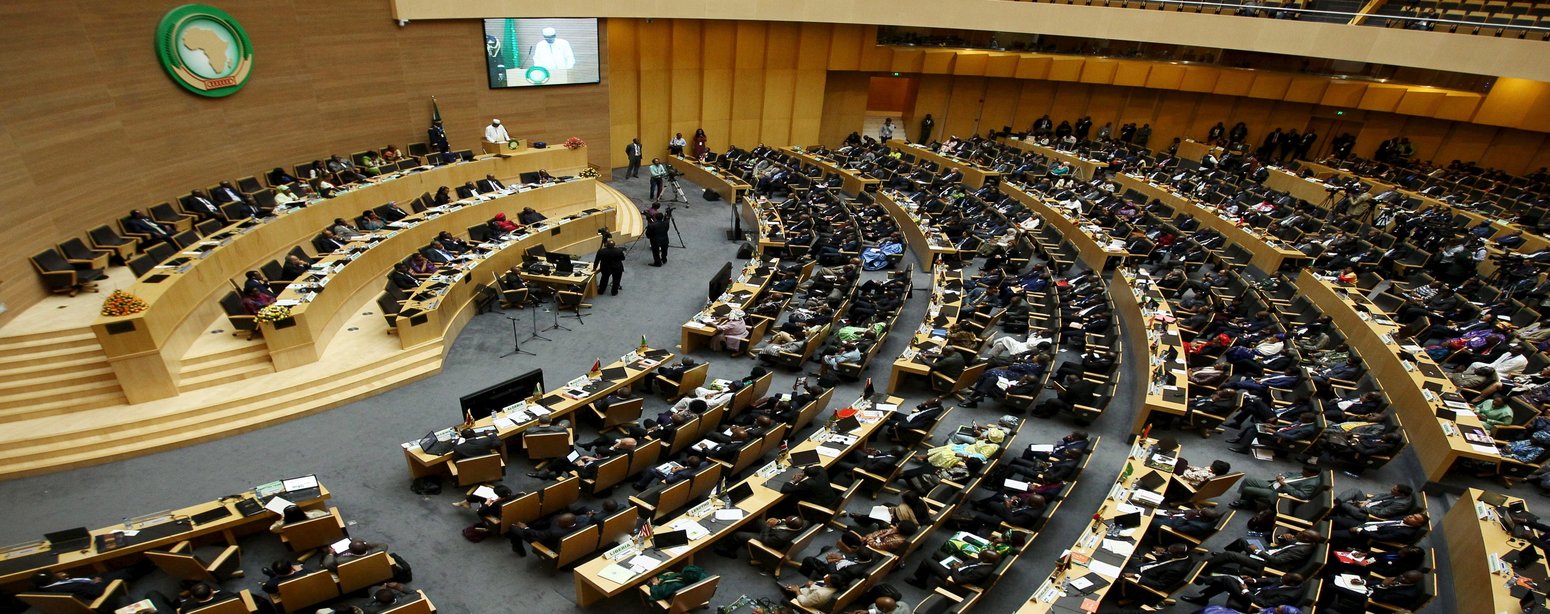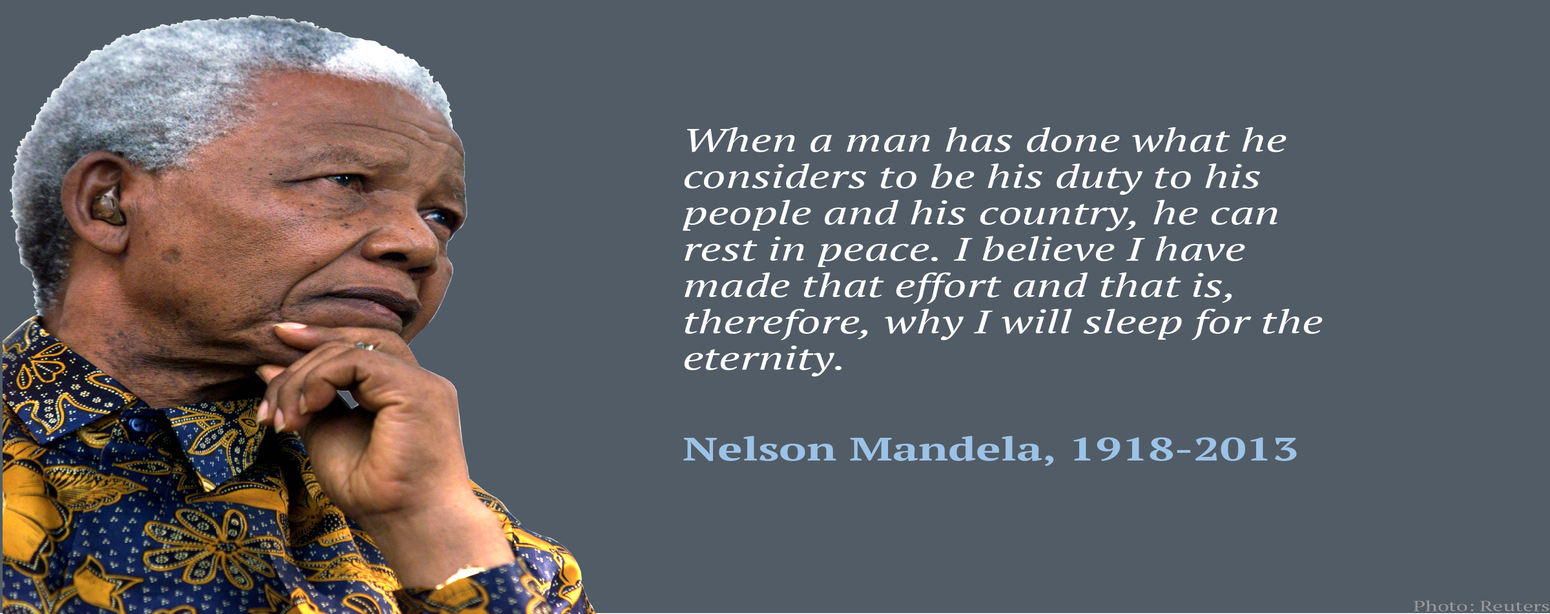Governance and Politics
Some form of democratic institutions are preferred to none at all. Democratic politics and its attendant institutions (both written and non-written) set the framework that creates the space for the governing game to be played in an environment of transparency. States in the developed world appear to have a good handle on the important role that the governed or citizens have in the governing process. However, states in the developing world are challenged, and appear to be at a loss regarding the relationship between the governed and political elites. CESDOSED provides an interdisciplinary approach to this discourse. Why are elections results consistently challenged in the developing world? Why have elections, especially before and immediately-after election periods, morphed into periods of grave insecurity in the developing world? What is the essence of a political system? What are the responsibilities of the governed and those that are in power within a democratic space? What is the essence and role of legitimacy in democratic consolidation?
Governance and good governance are by-products of the nature of the existing political system. This is why institutions that enhance democratic consolidation need to be pursued vigorously. The dilemma is that political leaders are sometimes afraid to establish effective institutions. Ironically, those same institutions are [could be] the bedrock for stability of their respective states, and their own safety when their tenure in office expires. In that case they need not hold on to power [by any means] for the rest of their lives as it seems to be the case in some African states.
The Center approaches issues of politics and governance in a comprehensive manner. It starts with the basic assumption that the governed want to be part of the governing process irrespective of their vulnerabilities. Institutional structures need to be established with the people in mind in order to ensure legitimacy and trust in the governing process.


